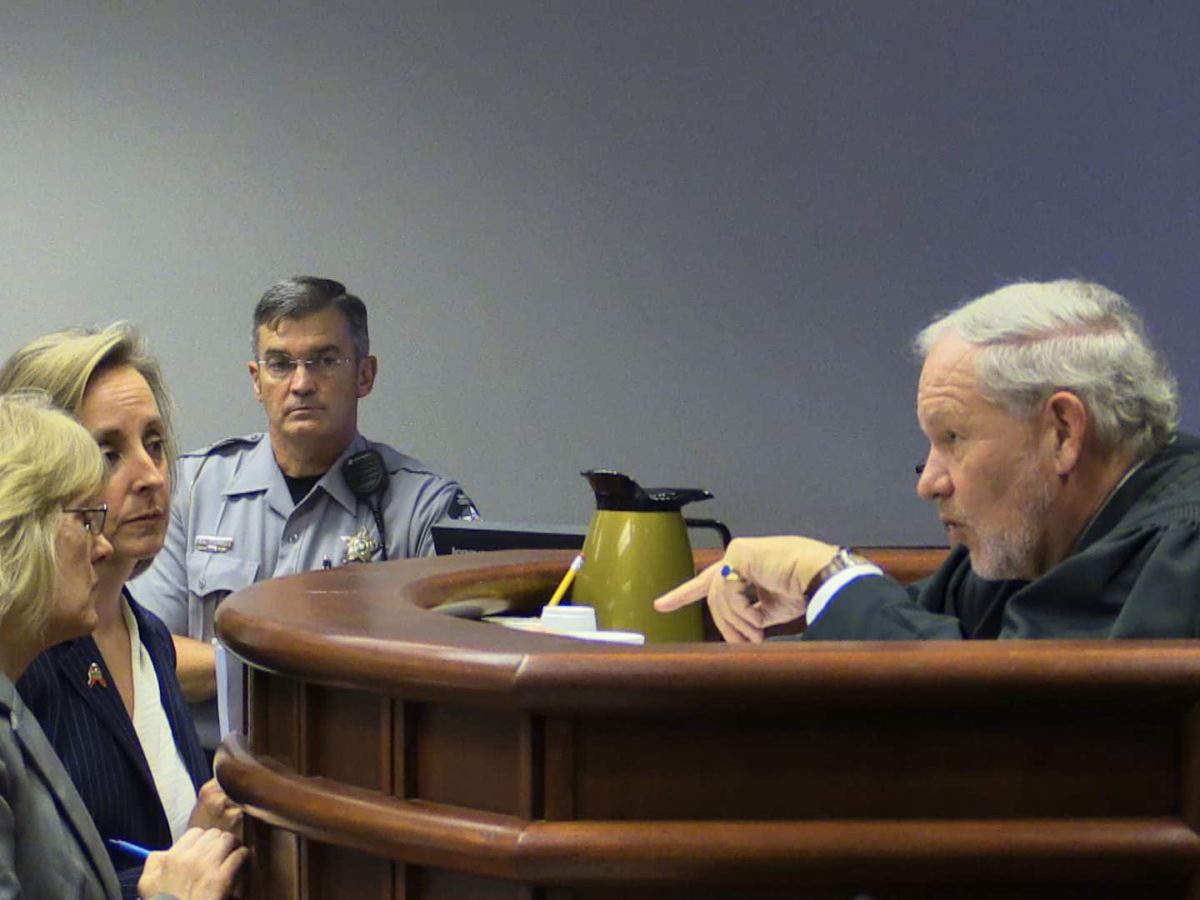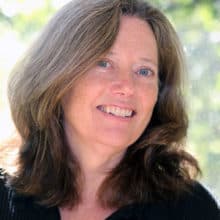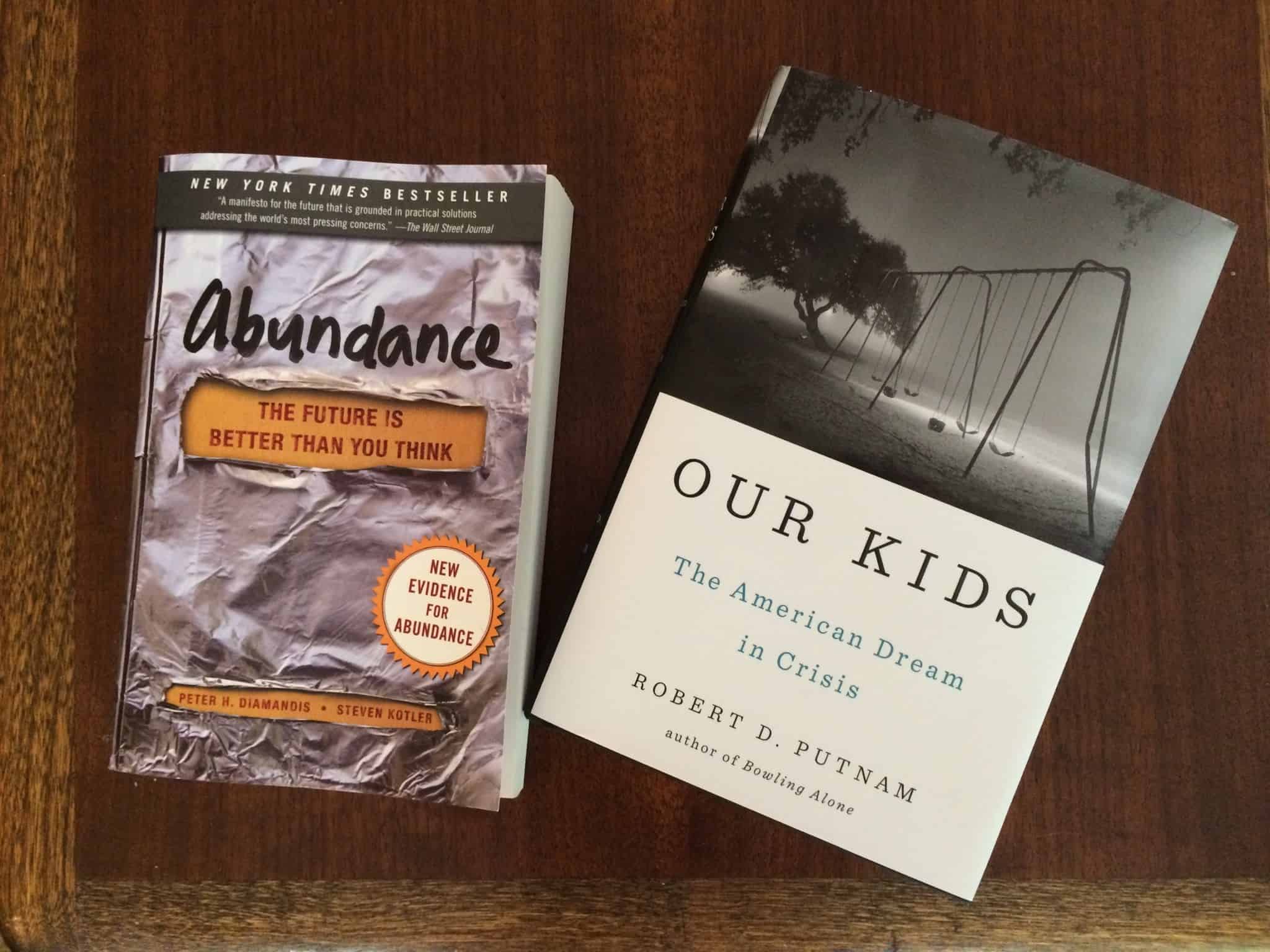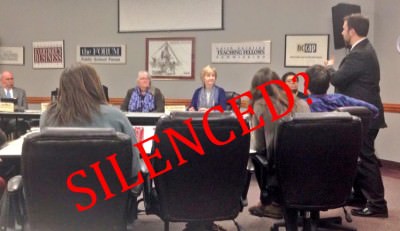

When I was in law school in 1990, my friend Margaret Barrett and I started a book club. Over the many years, book club members raised families, moved around the Triangle, and changed jobs. I am no longer in the book club and miss marking time through our monthly gatherings of books, conversations, and desserts. I also miss the opportunity to make connections across multiple books in the way that happens when people commit to thinking through issues together.
So let’s imagine that we can create a book club here. These are the two books I’d like us to read together: Abundance: The Future Is Better Than You Think by Peter Diamandis and Steven Kotler, and Our Kids: The American Dream in Crisis by Robert Putnam.
Are we in a state of abundance or are we in a state of crisis?
The titles suggest a stark contrast. Are we in a state of abundance or are we in a state of crisis? I believe that if we were to fully understood the two messages we would find that they are both true. And further, that our ability to move forward on education – along with many other societal issues – is dependent on our ability to fully comprehend and to act on these seemingly contradictory platforms.
As the authors proclaim, Abundance is a “tale of good news.” They say “[w]ithin a generation, we will be able to provide goods and services, once reserved for the wealthy few, to any and all who need them. Or desire them. Abundance for all is actually within our grasp.” Underpinning this is the transformational technologies that can radically improve access to a quality of life. One chapter is dedicated to education. It takes familiar hits at the industrial school model. The research cited for change to a more personalized, media-rich approach also is likely to be familiar to many EdNC readers. It is more the context created by the other chapters for the imperative that “learning needs to become addictive” that makes this interesting.
“learning needs to become addictive”
I ordered Our Kids after reading a review in EdWeek. The author Robert Putnam is well known for his book, Bowling Alone, that takes a hard and insightful look at how we now build communities – or not. Our Kids takes on the issue of the growing economic inequalities and the impact on children. Putnam’s approach is to amplify research on growing inequalities through the stories of individual children. While this approach is powerful, the information that struck me the most was on brain research. Consider this summary of research:
“Extreme stress causes a cascade of biochemical and anatomical changes that impair brain development and change brain architecture at a basic level. Stress caused by unstable and consistently unresponsive caregiving, physical or emotional abuse, parental substance abuse, and lack of affection can produce measurable physiological changes in the child that lead to lifelong difficulties in learning, behavior, and both physical and mental health…”
I was reminded of this last week when Judge Howard E Manning received the Champions for Children award from the NC Foundation for Public School Children. Judge Manning is emphatic that we must focus on the child – not the adults – and make sure we are applying resources in a way to create equal opportunities to a sound basic education. To reach at-risk children certainly needs to include quality pre-kindergarten – as is the constitutional requirement absent the State developing a different and effective approach. But maybe there are more programs, more approaches needed to reach these children that are living in tough situations.
Abundance tells us that there are more tools, more approaches available than ever before to try to address these inequities. Our Kids establishes the moral imperative that we must utilize all the means available to us to make this happen. Another recipient of the Champions for Children Award, Reverend Nancy Petty, put it this way: “I fully believe that how we care for the children and the poor in our communities and in the world says more about our moral character as a humanity than anything else we do. Children are not just our future. Children are our present, our now—they are our north stars and our hope.”
So here is my admission about book club. I didn’t always get around to reading the books. I was busy raising children and working hard. Because I loved our conversations, I developed some shortcuts – and in fact one of my best-led discussions was of a book I didn’t read. (I do regret that.) If you can’t find the time to read the books – although I strongly urge you do to so – know that you have options. Go online to Ted Talks for a presentation by Diamandis on Abundance. You can add yourself to the count of over 1,000,000 views. Check out the March 16, 2015, issue of The New Yorker for the article by Jill Lepore, Richer and Poorer: Accounting for inequality, that is largely based on Putnam’s book. And then,
Join the conversation about how we meld together these ideas to improve opportunities for all of North Carolina’s children.



